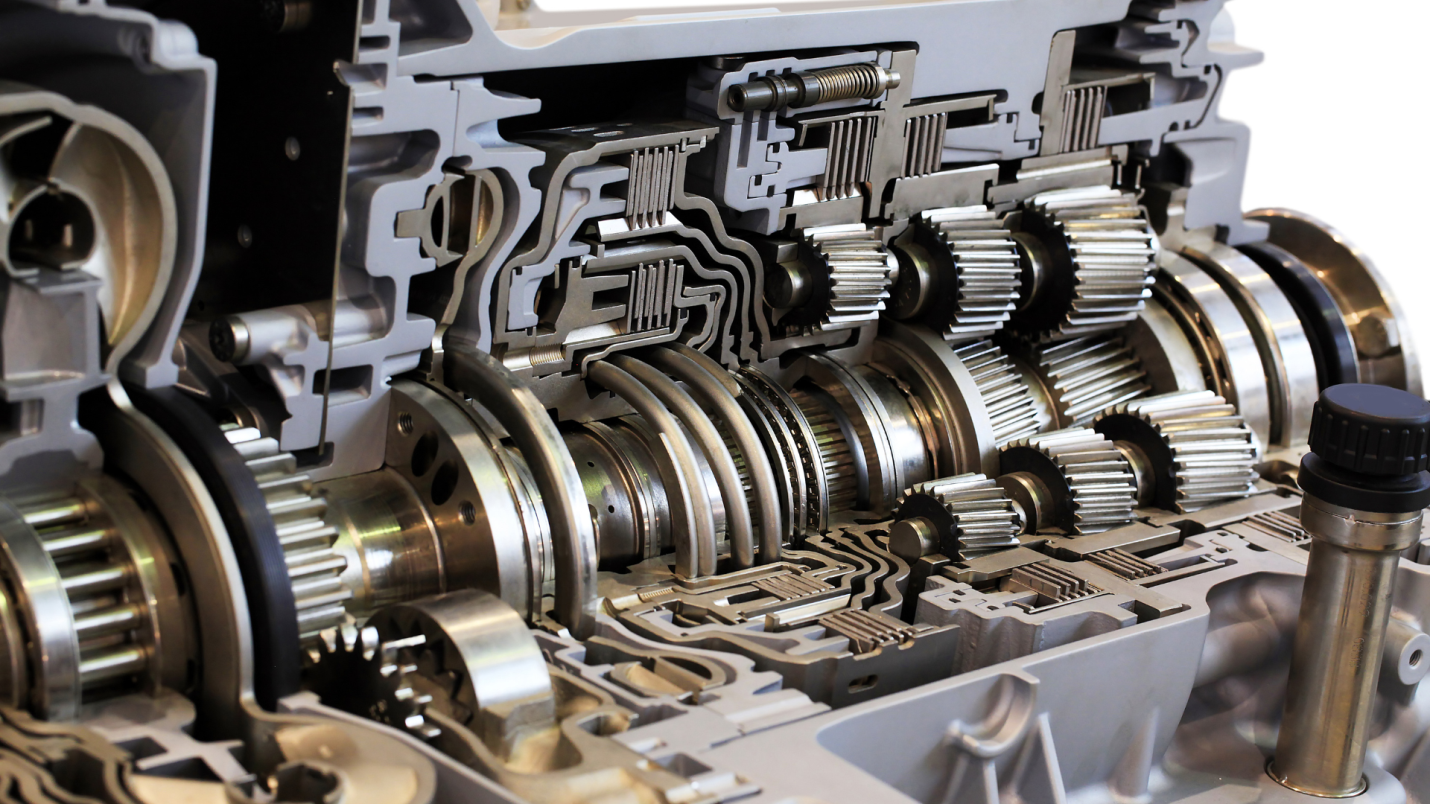A 4×4’s transmission is one of its most vital components, transferring power from the engine to the wheels and enabling smooth operation on and off the road. However, transmission failure can leave you stranded, facing expensive repairs. Off-roading, towing, and general wear and tear can take a serious toll on your vehicle’s transmission. Understanding the most common causes of transmission failure in 4x4s can help prevent costly breakdowns and keep your vehicle performing at its best.
1. Overheating
Heat is one of the biggest threats to a transmission, especially in 4x4s that endure heavy loads and challenging terrain. When transmission fluid gets too hot, it loses its ability to lubricate and cool the internal components, leading to increased friction and eventual failure. Off-roading in extreme temperatures, towing heavy loads, or driving for extended periods in low gear can all contribute to overheating. Regularly checking transmission fluid levels and installing an auxiliary transmission cooler can help manage heat buildup.
2. Low or Contaminated Transmission Fluid
Transmission fluid plays a crucial role in keeping your transmission lubricated and functioning properly. Low fluid levels or contaminated fluid can cause serious problems, leading to increased friction, overheating, and eventual breakdown. Contaminants like dirt, metal shavings, and debris can accumulate over time, leading to poor lubrication and gear slippage. Checking your fluid regularly and replacing it according to the manufacturer’s recommendations is essential for preventing failure.
3. Improper Towing Practices
Towing heavy loads without considering your vehicle’s transmission limits can cause significant damage. Many 4x4s are equipped to tow, but exceeding the recommended towing capacity puts excessive strain on the transmission. The added stress can cause overheating, slipping, and premature wear. Using the correct towing mode, installing a transmission cooler, and ensuring proper gear selection can help protect your transmission when hauling heavy loads.
4. Frequent Off-Roading Without Maintenance
Off-roading is demanding on a vehicle’s transmission, subjecting it to mud, sand, rocks, and water crossings. Constantly shifting between high and low gears, climbing steep inclines, and dealing with uneven terrain put stress on transmission components. Water and debris can also enter the transmission through vents or seals, leading to contamination and internal damage. If you frequently take your 4×4 off-road, scheduling routine inspections with a 4WD transmission specialist can help catch potential issues before they become costly repairs.
5. Clutch Wear in Manual Transmissions
For those who drive a manual 4×4, clutch wear is a common cause of transmission failure. Riding the clutch, aggressive shifting, or holding the clutch pedal down while stopped can wear out the clutch prematurely. A failing clutch can cause slipping, difficulty shifting gears, and grinding noises. Replacing a worn clutch in time can prevent further transmission damage and keep your manual 4×4 running smoothly.
6. Electrical or Sensor Failures
Modern 4x4s come equipped with electronic transmission control modules and sensors that regulate shifting, fluid pressure, and overall performance. When these components fail, they can cause erratic shifting, delayed engagement, or even put the transmission into “limp mode.” Faulty solenoids, bad wiring, or malfunctioning sensors can lead to transmission problems that might be mistaken for mechanical failure. Diagnosing and fixing electrical issues early can save you from costly repairs down the line.
7. Neglecting Routine Transmission Service
Skipping routine transmission maintenance is one of the fastest ways to shorten the lifespan of your 4×4’s transmission. Regular servicing, including fluid changes, filter replacements, and inspections, helps catch small issues before they turn into major failures. Many drivers overlook transmission maintenance because symptoms don’t always appear until significant damage has occurred. Following the recommended maintenance schedule for your specific vehicle can help prevent costly breakdowns and ensure longevity.
A failing transmission can put a serious dent in your off-roading adventures and your wallet. By understanding the most common causes of transmission failure in 4x4s, you can take preventative measures to keep your vehicle running smoothly. Regular maintenance, proper towing practices, and keeping an eye on transmission fluid levels are key to avoiding costly repairs. If you notice unusual shifting, overheating, or fluid leaks, addressing the problem early with the help of a professional can save you from a complete transmission failure.

